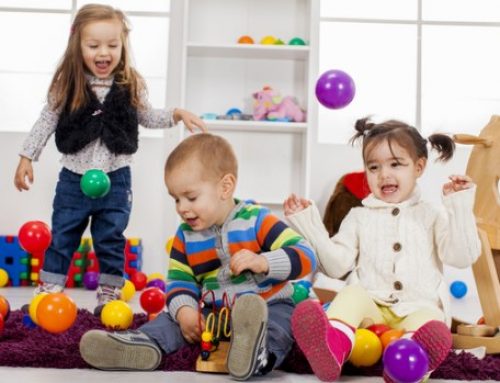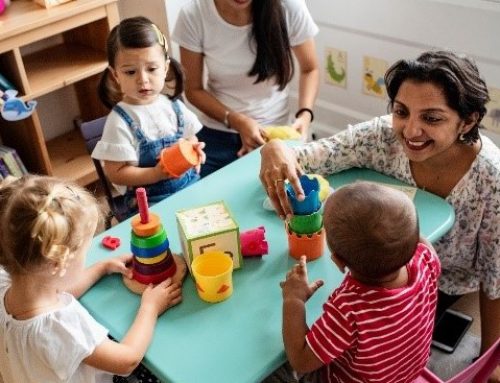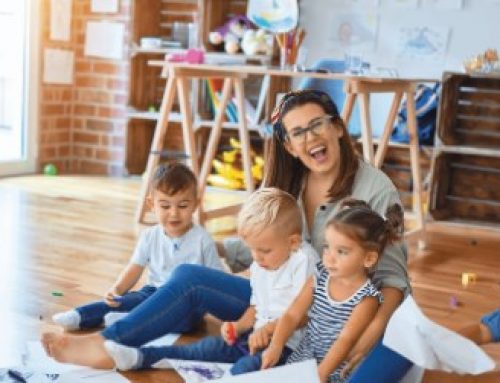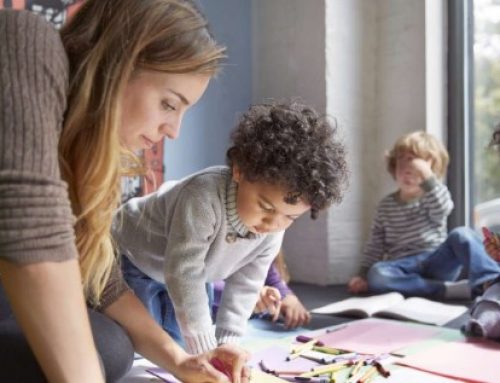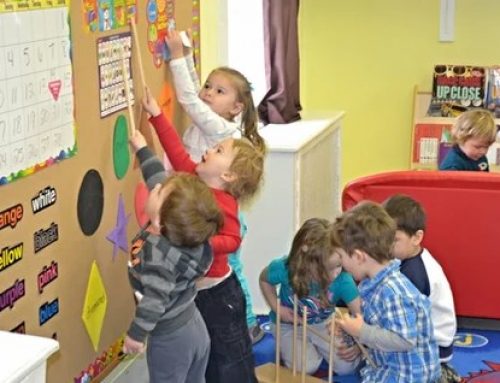The past few months have brought countless changes to our daily practices – modifying the ways in which we interact, travel, work, and learn. For school-aged children, these significant lifestyle changes have greatly impacted their educational routines, and could potentially present some added difficulties as they transition into the next academic year.
As a result of the vast revisions to in-person learning and socially-distanced teaching methods this past spring, it’s important to remember that the new way of life has affected many of us psychologically as well. Kids are no exception. Here, we’ve provided a guide filled with information which will assist parents and guardians in their efforts to help children overcome these challenges.
How your child may be feeling…
Excited or happy: Following a summer holiday defined with public health protocols and virtual hangouts, some children are looking forward to opportunity to see their friends, classmates, and teachers once again.
Nervous or anxious: The drastic changes to the regular routine over the past few months may also directly cause children to feel uncertain about the prospect of interacting with their peers in person.
Frustrated or annoyed: There are children who have become accustomed to the new practices of learning in the home environment, which could lead to difficulties in readjusting to in-class learning.
Each of these emotions are valid. As we move forward, it is important to remember that all children are unique and that their different reactions to the assortment of changes brought on by COVID-19 are completely justifiable.
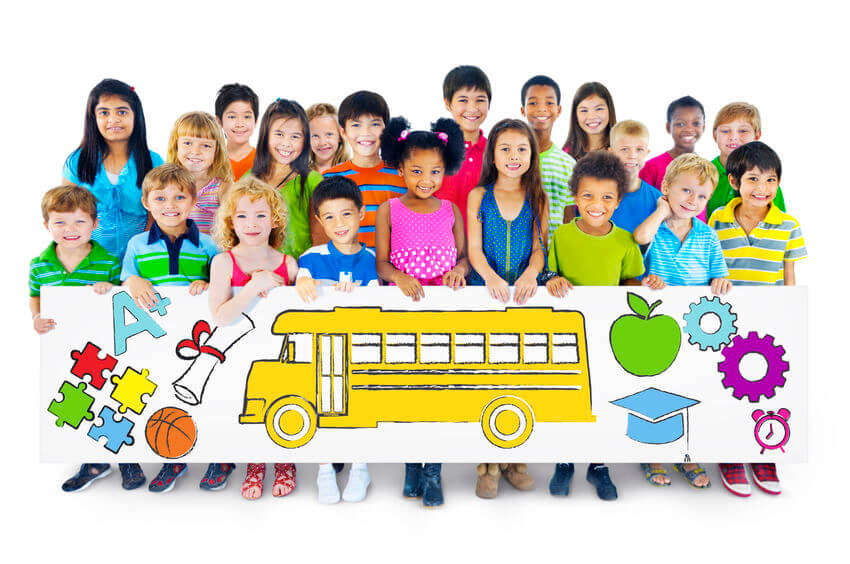
It can be challenging for school-aged children to verbally express these feelings. As a result, you may notice them demonstrating behavioural changes, such as:
- Modified eating habits
- Difficulty sleeping at night
- Becoming less talkative
- Showcasing clinginess and/or unwillingness to separate from you
- Becoming fidgety and restless
- Seeming irritable (possibly refusing to attend school)
- Complaints of physical ailments (including upset stomachs and headaches)
- Excessively asking questions and/or seeking reassurance
The importance of having open conversations with your children about the current state of affairs cannot be overstated. Like adults coping with the changes and uncertainty of public health guidelines influencing their work methods and responsibilities, children may experience a variety of emotions when it comes to school. By allowing them to discuss their feelings, we gain a more detailed understanding of the issues they face – and in turn, are able to provide better support. We have a responsibility to show our children that it is safe to share their feelings and that they will not be judged for expressing themselves. How can adults establish this relationship? Here are a few ideas that may connect to how your child is feeling:
• “I understand why you’re worried about going back to school. It’s hard to know what to expect. Everything changed so quickly.”
• “I can see you’re excited to go back. It will be nice to see your friends again!”
• “You’re nervous about seeing your classmates again. I understand that. It’s normal to feel this way.”
Of course, while it’s important to accept your child’s emotions, asking them to engage is an integral part of the process as well. Here are some questions you may want to ask:
• What did you like about school today?
• How are your friends doing? Was it nice seeing them again?
• What did you learn?
• Is anything worrying you?
Communication between parent/guardian and child is key. During this pandemic, it is unequivocally important to stay in tune to your childs feelings and emotions. Whether they attend school on campus or through remote learning, you must be intentional on staying in tune with your childs well being. There is no doubt that this school year will be different but our families, friends, and community all need each others support to push through this pandemic. Please feel free to contact us at 281-997-2061 if you have any questions regarding our school year curriculum or if you need after school care. Stay safe and be blessed.



